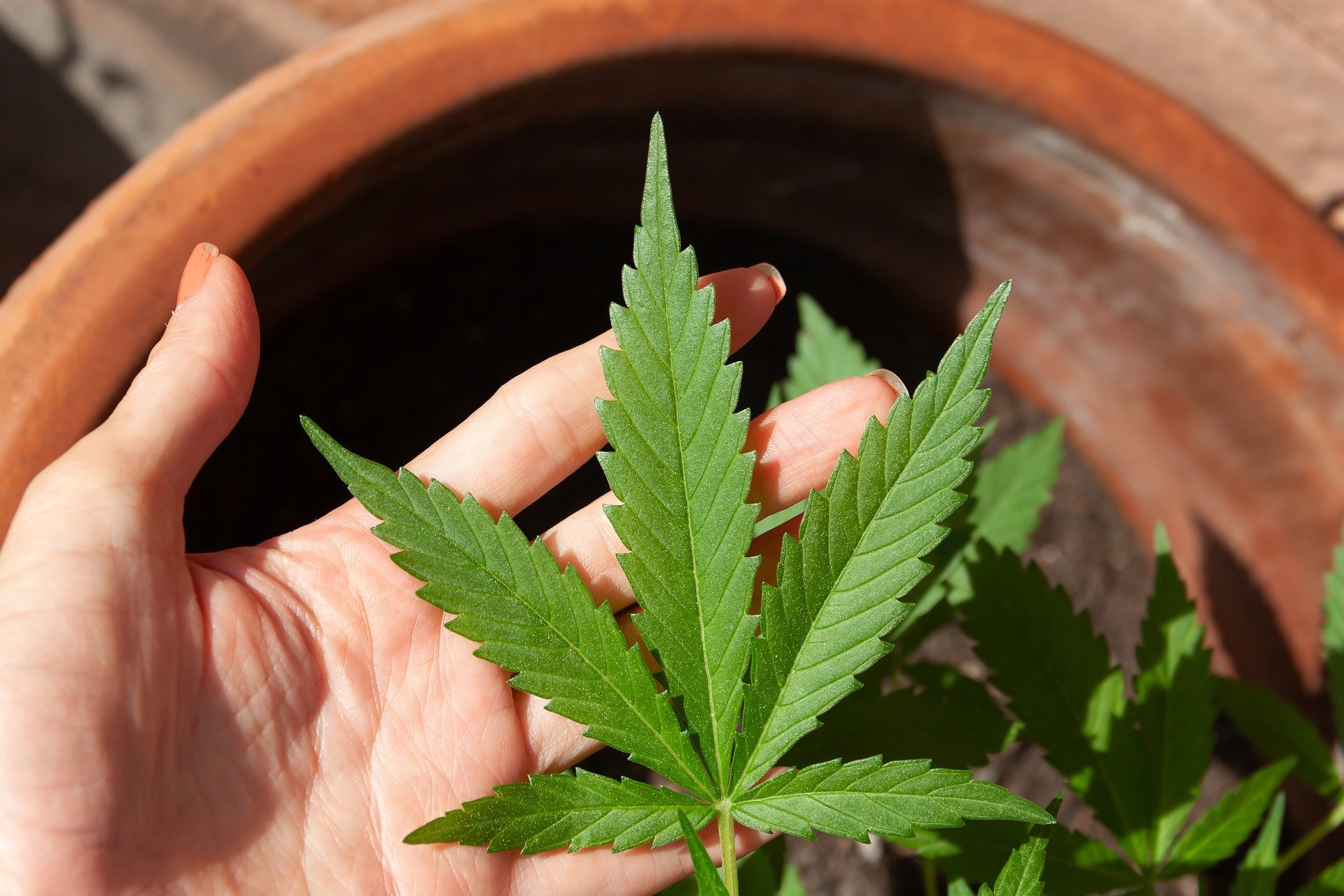Exploring the Science: Ways CBD Oil Boosts Your Health
In recent years, the popularity of CBD (cannabidiol) oil has surged as a potential remedy for various health concerns. Derived from the cannabis plant, CBD is a non-psychoactive compound that is gaining attention for its potential health benefits. While research is still ongoing, there is a growing body of evidence suggesting that CBD oil may offer a range of health-boosting properties. Let's delve into the science behind how CBD oil can potentially enhance your well-being.

Pain Management and Inflammation
One of the most well-known uses of CBD oil is for pain relief. The endocannabinoid system (ECS), present in humans and many animals, plays a crucial role in regulating pain and inflammation. CBD interacts with the ECS to potentially reduce pain and inflammation by influencing neurotransmitter activity and modulating the immune response. Several studies suggest that CBD oil may be effective in managing chronic pain conditions like arthritis and neuropathy.
Anxiety and Stress Reduction
Another promising area of research is the use of CBD oil to alleviate anxiety and stress. CBD may interact with serotonin receptors in the brain, which are associated with mood regulation. This interaction could lead to a reduction in anxiety and an improvement in overall emotional well-being. Some studies have demonstrated the anxiolytic effects of CBD in both animal models and human subjects, making it a potential natural alternative to traditional anxiety medications.
Neuroprotection and Cognitive Function
CBD's potential neuroprotective properties are also gaining attention. Research indicates that CBD may have antioxidant and anti-inflammatory effects on the brain, which could help protect neurons from damage and promote overall brain health. Moreover, some studies suggest that CBD might support cognitive function by enhancing neuroplasticity and facilitating learning and memory.
Sleep Improvement
Individuals struggling with sleep disorders might find relief through CBD oil. While the exact mechanisms are not fully understood, CBD's interaction with the ECS and its potential to reduce anxiety could contribute to better sleep quality. Some early research suggests that CBD might help regulate sleep patterns and improve insomnia by addressing underlying causes like anxiety or pain.
Skin Health
CBD oil's potential benefits extend to skin health as well. Its anti-inflammatory and antioxidant properties may help in managing skin conditions such as acne, psoriasis, and eczema. Additionally, CBD's interaction with the ECS could influence sebum production, potentially aiding in managing oily skin and reducing acne breakouts.
Heart Health
Emerging studies suggest that CBD might have a positive impact on heart health by lowering blood pressure and reducing oxidative stress. High blood pressure and oxidative stress are risk factors for cardiovascular diseases. By promoting relaxation of blood vessels and reducing inflammation, CBD could contribute to better heart health and a reduced risk of related conditions.
Addiction Management
CBD oil could play a role in addiction management by affecting the brain's reward system. Research on animals has shown that CBD might help reduce drug-seeking behavior and curb withdrawal symptoms, making it a potential aid in substance abuse treatment.
Cancer-related Symptom Relief
While not a direct cure for cancer, CBD oil might offer relief from certain symptoms associated with cancer and its treatments. Nausea, pain, and loss of appetite are common issues for cancer patients undergoing chemotherapy. CBD's anti-nausea, analgesic, and appetite-stimulating effects could provide much-needed relief.

Conclusion
As promising as these potential benefits may be, it's important to note that CBD oil is not a one-size-fits-all solution. Individual responses can vary based on factors such as dosage, method of consumption, and an individual's unique biochemistry. If you're considering using CBD oil to address specific health concerns, it's advisable to consult with a healthcare professional first. While CBD oil shows significant promise in various areas of health and wellness, more research is needed to fully understand its mechanisms of action and long-term effects.
Sources:
- Zou S, Kumar U. Cannabinoid Receptors and the Endocannabinoid System: Signaling and Function in the Central Nervous System. Int J Mol Sci. 2018;19(3):833. DOI:10.3390/ijms19030833
- Blessing EM, Steenkamp MM, Manzanares J, Marmar CR. Cannabidiol as a Potential Treatment for Anxiety Disorders. Neurotherapeutics. 2015;12(4):825-836. DOI:10.1007/s13311-015-0387-1
- Ibeas Bih C, Chen T, Nunn AV, et al. Molecular Targets of Cannabidiol in Neurological Disorders. Neurotherapeutics. 2015;12(4):699-730. DOI:10.1007/s13311-015-0377-3
- Babson KA, Sottile J, Morabito D. Cannabis, Cannabinoids, and Sleep: a Review of the Literature. Curr Psychiatry Rep. 2017;19(4):23. DOI:10.1007/s11920-017-0775-9
- Oláh A, Tóth BI, Borbíró I, et al. Cannabidiol exerts sebostatic and antiinflammatory effects on human sebocytes. J Clin Invest. 2014;124(9):3713-3724. DOI:10.1172/JCI64628
- Jadoon KA, Tan GD, O'Sullivan SE. A single dose of cannabidiol reduces blood pressure in healthy volunteers in a randomized crossover study. JCI Insight. 2017;2(12):e93760. DOI:10.1172/jci.insight.93760
- Prud'homme M, Cata R, Jutras-Aswad D. Cannabidiol as an Intervention for Addictive Behaviors: A Systematic Review of the Evidence. Subst Abuse. 2015;9:33-38. DOI:10.4137/SART.S25081
- Pisanti S, Malfitano AM, Ciaglia E, et al. Cannabidiol: State of the art and new challenges for therapeutic applications. Pharmacol Ther. 2017;175:133-150. DOI:10.1016/j.pharmthera.2017.02.041
Remember that scientific research is an ongoing process, and new findings may have emerged since the publication of these sources. Always consult with a healthcare professional before making any significant changes to your health regimen.